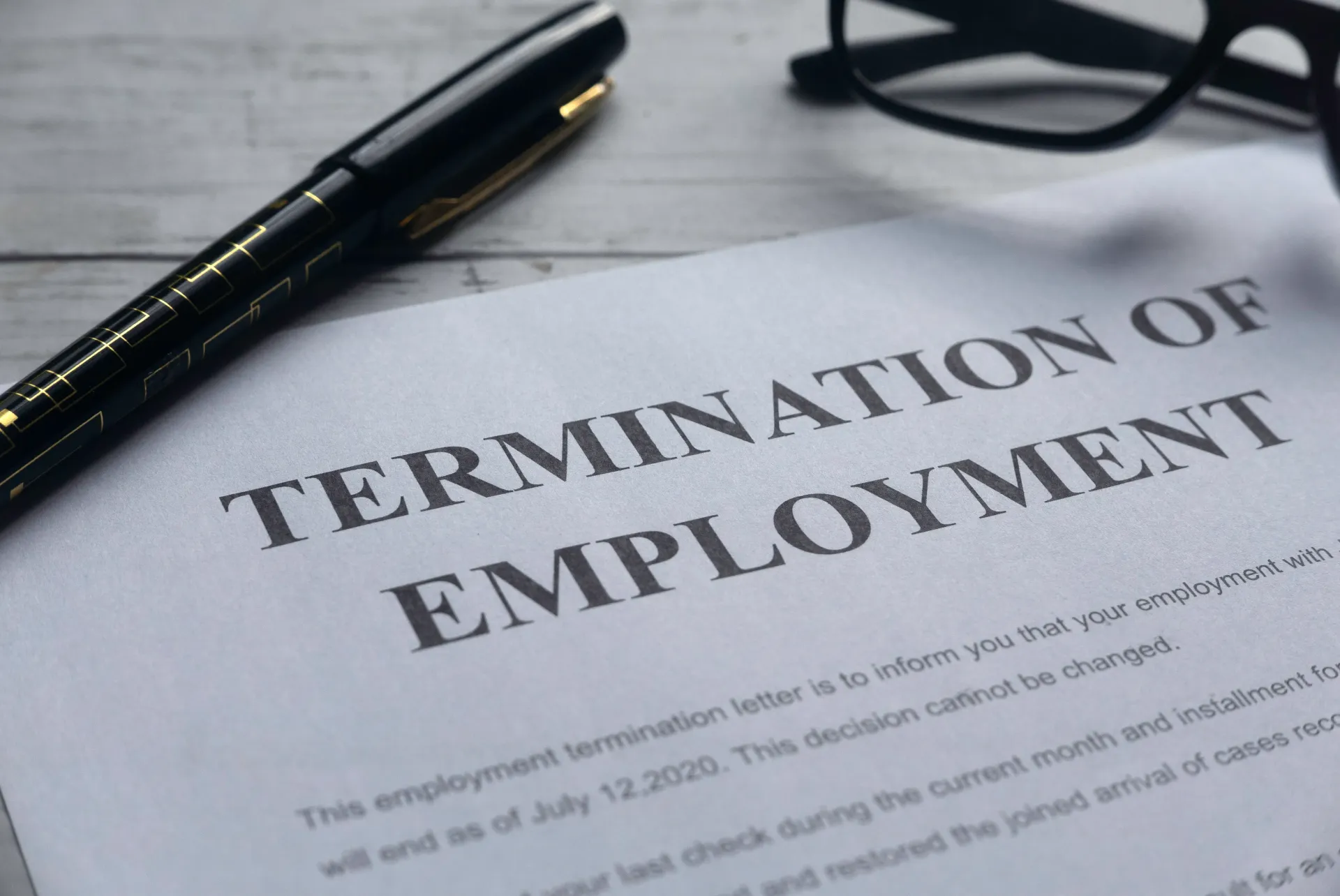What is the Minimum Wage in California?
Effective January 1 of 2025 and mandated by law in CA Senate Bill 3, the
California minimum wage was raised to $16.50 per hour.
While the federal minimum wage is currently set at $7.25 per hour, this mandate only sets the bare minimum that all states must follow. California requires that employees be paid higher minimum wage rates that vary by county.
Please note that there are minimum wage increases scheduled by the State of California throughout the year.
California Overtime Minimum Wage
The vast majority of employees in California are legally entitled to
overtime pay. In fact, California law mandates that in most cases the regular rate of pay may not exceed the legal maximum of eight (8) hours per day and forty (40) hours per week. Any additional hours an employee works above these thresholds require that employees be paid at overtime rates. Here are some basics on how overtime compensation works for non-exempt employees:
Scenario #1:
If an employee works overtime, this entitles them to “time and a half” of the regular hourly wage (also known as “straight time wage”). For example, if a worker’s normal hourly pay is $14.00 per hour, then “time and a half pay” for overtime hours worked would equal $21.00 per hour ($14.00 (regular pay) + $7.00 (half the regular pay) = $21.00 overtime rate).
Scenario #2:
If an employee works in excess of twelve (12) hours in a workday or eight (8) hours on the seventh consecutive day of work in a workweek, the employee is entitled to double their hourly wage or “double-time.” For example, if a worker’s normal hourly pay is $16.50 per hour, then “double time” for overtime hours above the twelve hour daily threshold (or above the eight-hour threshold on a seventh consecutive day of a workweek) would equal $33.00 per hour ($16.50 (regular rate) + $16.50 (double hourly rate) = $33.00).
Overtime pay isn't just for hourly workers; non-exempt salaried employees, piece-rate workers, and commission-based employees may also be entitled to overtime compensation.
Another important question often arises: if an employee works any number of hours that the employer deems “unauthorized overtime,” is the employer still obligated to pay for it? The answer is a resounding “yes.” California state law requires that employers pay overtime, whether the hours were authorized or not.
More details on overtime pay can be found at this link.
IS MINIMUM WAGE THE SAME EVERYWHERE IN CALIFORNIA?
It’s important to know that there are many cities, towns, and counties throughout California that have implemented
their own specific minimum wage laws, which require that workers’ hourly wages are higher than the state mandate. Of course, these county and municipal governments cannot legislate or implement a minimum wage that is less than the California state minimum wage mandate.
For example, Emeryville is a small city north of Oakland. The city government has mandated that its minimum wage shall be $2.86 higher than the state minimum. The City of Los Angeles also mandated that its minimum wage shall be $0.78 higher than the state minimum. These actions bode well for hard working employees everywhere.
In some instances, an employee may ask, “Can I work for less than the minimum wage?” The legal answer is “no.” Abiding by minimum wage rates is the obligation of the employer and under California law this obligation cannot be waived by an agreement between the employer and employee.
Another excellent question some workers ask is: “If I live in one town and work in another town, which minimum wage rate applies?” In this instance, the mandatory wage in the city or town where you work is the applicable wage for you. For example, if you live in Oakland but you work in San Francisco, you must earn at least San Francisco’s minimum wage.
It is also mandatory that employers post notices of the minimum wage rates in a very obvious position in the workplace where employees can easily see and read the information. As a secondary form of communication, an employer can email the information to employees, but they must still display the printed poster in a conspicuous place.
WHICH EMPLOYEES ARE COVERED BY THE MINIMUM WAGE?
Although there are a few exceptions, just about all workers in the State of California must be paid at or above the legally-mandated minimum wage; this even includes exempt employees (for whom the current minimum salary requirement is $68,640). To be clear, an “employer” is any entity that hires and exerts control over the hours, wages, and working conditions of an employee. This includes businesses, individuals, and some nonprofit organizations.
In this regard, and in most cases, the wage law mandate protects all workers who are employed in California, regardless of where they live. The wage mandate also protects undocumented workers employed in California and working without a green card.
Are there exceptions to minimum wage requirements in California?
Yes, there are a few
exceptions in California for workers who are physically or mentally disabled, and for certain nonprofit organizations. These organizations and individuals may be issued an exclusive license by the Division of Labor Standards Enforcement authorizing payment at a wage less than the mandated wage. As discussed, the California wage mandate pertains to almost all state employers, both private and public, but there are a few
specific exceptions to the state wage requirements.
Learners or Trainees
California wage laws permit employers to pay learners or trainees a wage below the standard rate—but it cannot be less than 85% of the legal minimum wage for the first 160 hours of employment. Important to note: trainees must have no prior or similar experience in the job they were hired to do.
Disabled Workers
California wage laws also offer exceptions for hired employees who are certified to be “mentally or physically disabled, or both, and for nonprofit organizations such as sheltered workshops or rehabilitation facilities that employ disabled workers.” An employer can pay a wage lower than the mandated wage only if they obtain a license from the California Division of Labor Standards Enforcement.
Other Exceptions
California allows minimum wage exceptions for a few other categories of employees, including outside salespersons as well as workers who are the parent, spouse, or child of the employer.
Please note: unlike the federal government’s regulations, the State of California does not permit employers to pay below the mandated wage to non-trainee learners, student learners, or student workers. California employers are legally required to pay these workers the mandated rates.
Do California minimum wage laws apply to Independent Contractors?
They do not. But there are some grey areas. Therefore, let’s take a brief look at
what factors are used to determine whether someone is an independent contractor versus an employee.
California’s wage and hour laws—including minimum wage, overtime, meal and rest breaks, workplace safety laws, and retaliation laws—protect employees, but they do not protect independent contractors.
CA AB 5 and Labor Code (Section 2775) starts with the assumption that all workers are employees and then
provides a test that the employer would have to satisfy to demonstrate that the worker(s) is, in fact, an independent contractor.
Being labeled an independent contractor, being required to sign an agreement stating that one is an independent contractor, or being paid as an independent contractor (without payroll deductions and with income reported by an IRS Form 1099 rather than a W-2), is NOT what determines independent contractor employment status.
This is VERY important: many workers who are misclassified as “independent contractors” are not provided their basic labor rights under California law. If you believe your employer is misclassifying you as an independent contractor you could be eligible to file a wage claim.
Do California minimum wage laws apply to waiters and other employees who work for tips?
Under the federal guidelines, tipped employees can be paid a much lower wage. BUT GOOD NEWS! That’s not the case in California where there are no reduced wage rates for tipped employees. Once again, California has some of the strongest laws in the country in terms of protecting the rights of workers and is one of only seven states that mandates tipped employees be paid the state minimum wage.
California Labor Code Section 351 requires that employees receive the minimum wage plus any tips left for them by customers of the employer’s establishment. An employer cannot use an employee’s tips as a credit toward its obligation to pay the mandated wage. It’s also unlawful for employers to make wage deductions from gratuities.
California wage law states
that gratuities (tips) left for the employee are the sole property of the employee (or employees). Plain and simple: tips belong to the employee and not to the employer. That’s the law.
These rules also hold true for overtime. Since tips are voluntarily left by the patron of the establishment (and are not being provided by the employer), these funds are not considered part of the regular rate of pay when calculating overtime. Please note: if you earn tips and you believe that your employer is using your tips to offset and/or pay your hourly wage, you may very well have a wage claim.
WHAT CAN I DO IF MY EMPLOYER PAYS ME LESS THAN THE MINIMUM WAGE?
It’s illegal for California employers to pay workers less than the minimum wage.
If you’ve been paid less than the minimum wage for any period of time, you should bring the issue to the attention of your employer immediately. Explain that you’ve been paid less than the law requires. You should know that it’s illegal for your employer to retaliate against you (or any employee) for exposing their failure to pay the legal wage.
If your employer continues to ignore its obligation and continues to violate the wage mandate, you can file a claim with the
California Division of Labor Standards, also called the Labor Board or Labor Commissioner. This action is aimed at recovering the back wages you weren’t paid and to rectify your current situation. To learn more about the California Labor Board,
read our blog at this link. If you believe your employer has violated the wage mandate in any manner, please contact LFECR to discuss your situation; we can help determine if you have a claim and help you file a complaint with the proper state agency.
Another option is you can bring a wage and hour lawsuit in court. If that’s the route you want to pursue, it’s in your best interests to consult with an experienced employment lawyer. Usually, the initial consultation is free of charge and the attorneys only get paid if you receive a payment from your employer.
HOW TO ENFORCE THE MINIMUM WAGE IN CALIFORNIA
This is very important information: it’s one thing to find out that your employer is not paying the legal minimum wage, but it’s another thing to enforce the law—to collect back pay and to ensure that the employer pays the correct wage moving forward.
The California Division of Labor Standards Enforcement (DLSE) enforces all California labor laws and is home to the Labor Commissioner’s office. This state government agency is a watchdog and responsible for the handling of wage and hour violations. The California Labor Commissioner’s office enforces the statutory provisions that regulate and govern the wages, hours, and working conditions of employees. Their declared mission is to “ensure a just day’s pay in every workplace in the State and to promote economic justice through robust enforcement of labor laws.” The Labor Commissioner has broad legal authority to inspect employer’s workplaces for wage and hour violations, stating: “We put earned wages into workers’ pockets.”
Deadlines in State Law Cases
Workers throughout the State of California have the absolute legal right to file a wage law claim with the Labor Commissioner’s office when their employers fail to pay the correct and mandated wages or benefits that they’re owed. The California Department of Industrial Relations
strongly urges workers to file claims in a timely manner. This important advice cannot be stressed enough.
Wage claims MUST BE FILED within three (3) years for violations of minimum wage, overtime, unpaid rest and/or meal breaks, authorized leave, and illegal deductions from pay or unpaid reimbursements.
Deadlines in Federal Cases
Any employee covered by the Fair Labor Standards Act (FLSA) who can demonstrate that they have not been paid the required federal wage may file a complaint with the Wage and Hour Division (WHD) of the U.S. Department of Labor.
As stated on the Department of Labor
website: “employees should file complaints with WHD as soon as possible.” The Fair Labor Standards Act contains a two-year statute of limitations (three-years for willful violations). This means that any part of a back wage claim that was earned more than two years before a federal court lawsuit is filed may not be a collectible claim. The WHD recommends filing no later than eighteen (18) months after the violation occurred.
WHY YOU SHOULD CONSULT WITH LFECR
If you believe your workplace rights have been violated, it’s important to partner with an experienced employment law firm that specializes in protecting workers’ rights.
Call us today for a free and confidential consultation to get the help you need and deserve.
By starting the process with one of our experienced attorneys at LFECR, you can feel confident that he or she will put you on the optimal path to finding success from the outset—using the power of the law in YOUR favor. Consulting with an LFECR attorney will help you make informed decisions about the best way to proceed.
Employment laws are broken every day by employers. Non-payment of the correct minimum wage is illegal in California. Aggressive representation will empower you—opening the door to numerous options, including but not limited to, filing a complaint, negotiating an out of court settlement, or filing a lawsuit and representing you in court. Keep in mind, many employment disputes are resolved without a lawsuit or trial. That’s why selecting an experienced law firm like
LFECR is a smart choice. Chances are our firm can negotiate the best possible terms for you and settle your case.






